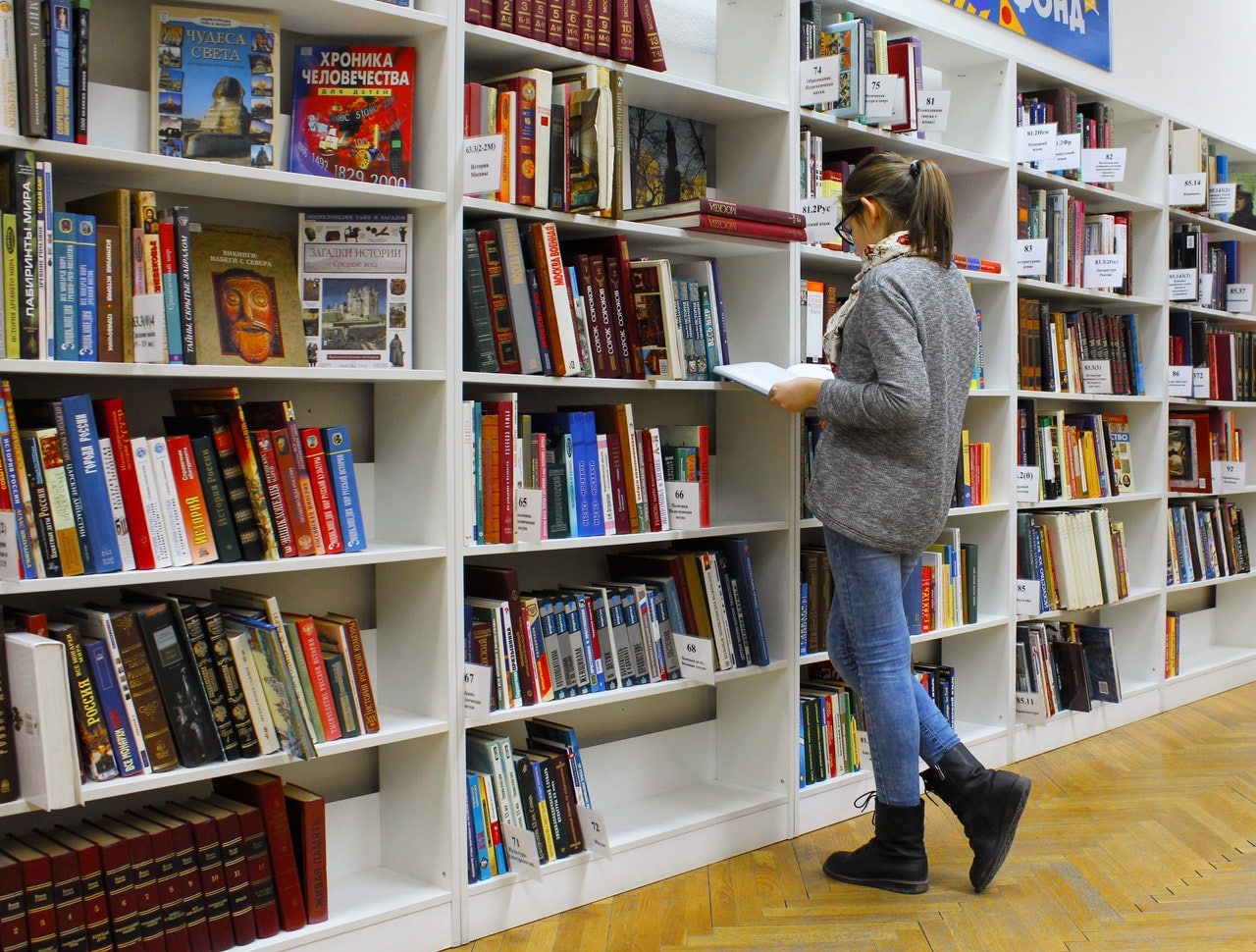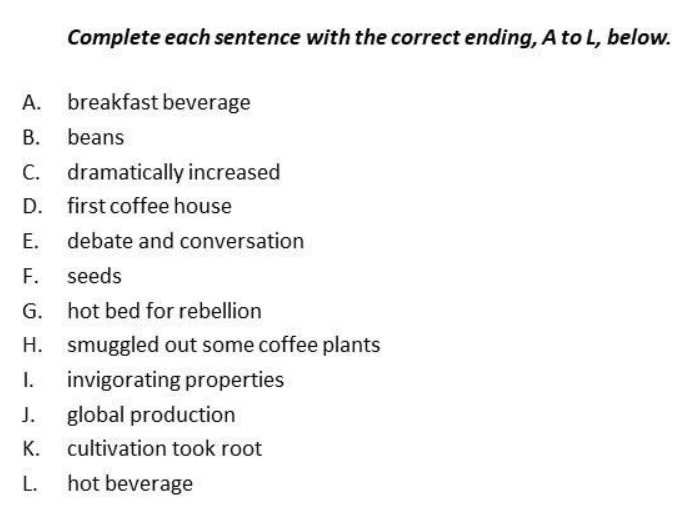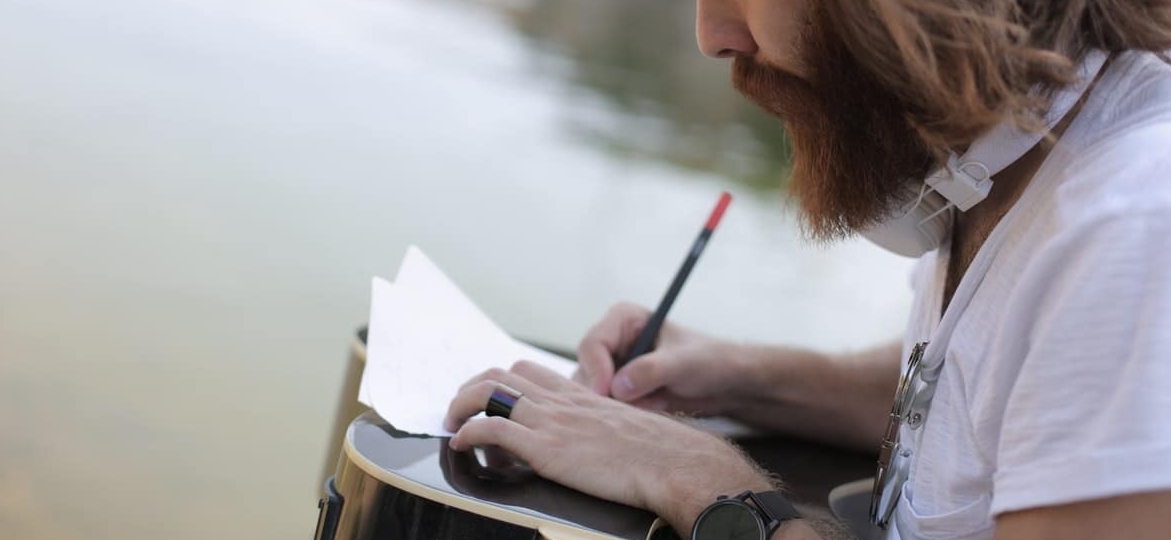With this article we’re going to present the IELTS General Reading Task 3!
You’ll discover exactly what Task 3 involves, what instructions you need to follow and look at some sample questions and test tips!
Start training for the IELTS test in not time. We also have written articles about the IELTS General Reading Task 2 as well as the IELTS General Reading Task 1.
Let’s get started!
IELTS General Reading Task 3 – General Reading
The IELTS General Reading paper is the second part of the test after the Listening. It lasts for one hour and is made up of 3 different sections, each one slightly more difficult than the previous one.
You need to allow about 20 minutes per task. The maximum score for the IELTS Reading paper is 40 and each question is worth one point. Remember that there’s no negative marking in IELTS, so if you don’t know an answer, guess!
Task 3 is the most difficult text – it’s the longest and the most complex! Make sure you leave enough time to spend at least 20 minutes working on it! The text is often taken from a newspaper, a guide book or a company handbook for example. The language and vocabulary will be more challenging than Tasks 1 and 2. It can be difficult as it demands a lot of concentration and often you’ll be tired after having spent 40 minutes on the other tasks!

Read the instructions carefully!
As with the Listening paper, you need to pay special attention to the instructions. If you have “NO MORE THAN TWO WORDS AND / OR A NUMBER”, make sure you know what is and isn’t accepted.
If you only have “NO MORE THAN TWO WORDS” in the instructions, you can’t write numbers. You must write “three” and not “3” for example. Although this may sound quite easy, when you’re under the stress of the test, it’s easy to make a mistake and lose a lot of points very quickly!
There are many different types of questions that you can find on the IELTS Reading paper. You may be asked to complete a diagram or flow chart. You could have multiple choice questions, or be asked to label certain paragraphs. Familiarise yourself with the different question types before test day! You’ll find it reassuring to see a type of question and know exactly what you need to do.
Spelling is important
A final point: Be careful with your spelling. If you spell a word wrong, or forget to put a capital letter when needed, you’ll lose a point! If you’re not sure when you need capital letters, double-check before the day of the test. If you have certain words you know you have difficulty with, pay special attention to them when checking your work!
Keeping all this information in mind, let’s take a look at a sample exercise!
IELTS General Training Reading: Sample Exercise #1
One of the best ways to increase your score is by working with sample papers. You can practice the different questions and experience the kind of vocabulary you’ll come across on test day.
The instructions for this particular exercise are as follows:

You’re then given a series of sentences to complete. For example:
- Coffee is not produced from the whole fruit on Coffea plants but made by processing its….
- We have become accustomed to drinking coffee as a regular…
With this type of task, you can also work by a process of elimination, as the sentence needs to be grammatically correct and make sense. See which options you could eliminate before you start reading! Perhaps then you’ll only need to decide between three options and not seven.
Now let’s see an extract from the text:
The Fascinating Tale of Coffee
While you are enjoying an aromatic cup of coffee, have you ever stopped to think about how this beverage became such an important daily pleasure for so many of us? Even if you are not a coffee addict, you may be surprised by some of the incredible facts in its history.
So, when did it all begin? Although legends abound about its discovery by humankind, it is generally accepted that the birthplace of coffee is Ethiopia around 850 A.D. Coffee is not actually made from beans, despite the resemblance, but seeds contained within red berries found on evergreen tropical shrubs called Coffea trees.
The wild berries were originally ground up and mixed with animal fat to form a type of high energy snack by the native tribesman. Nowadays, the two main commercial varieties are Coffea arabica and Coffea canephora, and we are used to having our coffee as a hot beverage, though it is still perceived as a way of boosting energy levels and staying alert.
As you can see from the text, in Task 3 the paragraphs are longer and the structures used are more complicated.
Don’t panic when you see the text – remember you don’t need to understand every word. You need to find the answers to the questions! Try to work efficiently and calmly and if there is a question you’re not sure of, leave it and come back to it later. You should make a note on the side to remember to answer this question later.
The answers normally appear in the same order as the questions, so this can also help you to find the answers. Don’t expect to find the sentence word for word in the text – IELTS uses rephrasing and synonyms to work out your vocabulary range. If you can’t find the information you’re looking for, think about negative sentences or similar words and this should help you!
General Reading: Sample Exercise #2
For our next sample exercise, the instructions are slightly different:
- Select the letters of the correct paragraphs/sections for each question.
So, you need to identify which section speaks about the point mentioned in the questions. The questions could be:
- The Isle of Man TT races obtained new status in the fifties.
- Two types of machines were allowed in the first motor race on the Isle of Man.
Remember that IELTS uses synonyms a lot, so when you’re looking at the questions, try and imagine what synonyms could be used. How could you rephrase ‘status’ or ‘machines’ for example?
Here we can see two extracts from the text:
A:
Motor racing first came to the Isle of Man in 1904 when Gordon Bennett, a famous businessman and international yachtsman, held his car trials there. He proposed having a race that was originally aimed for motorcycles which used to be called ‘touring machines’ and soon became known as the Tourist Trophy.
The initial race would run with two types of bike with single-cylinder machines to average 90 mpg and twin-cylinder machines to average 75 mpg fuel consumption. To emphasize the road touring nature of the motorcycles there were regulations for the inclusion of saddles, pedals, mudguards, and silencers for exhausts.
F:
The 1950’s marked the era when the TT evolved into the event that it is today. With World Championship status, top competitors from across the globe arrived to give the race more credibility than it had ever experienced before. The classic bikes that had added so much prestige to the event throughout its history were now joined by a new range of bikes that included Italian makes.
You’ll often find that some questions are much easier than others. If you find the correct answer in 5 seconds, that’s great! You can use the time saved on another, more difficult question.
Try to find the key words in each question to help you locate the information you need more quickly. For example, for our two example questions, you could highlight ‘fifties’, ‘status’ and ‘two types of machine.’ Once you think you’ve found the correct section, read through it quickly to confirm.
As we said previously, you don’t need to understand every word in order to find an answer. Similarly, if you have some knowledge of the subject being written about, try to dismiss it . You must only give answers that are provided in the text.
We hope you’ve found the sample exercises useful. To have the answers, have access to the full text and the corrections, check out GlobalExam’s e-learning platform. You could read an article online about Practice Tests for All the Sections of the IELTS General Training.
Practice and Train for the IELTS Exam Online With GlobalExam
Nothing will increase your score like preparation and that’s where GlobalExam steps in! We have extensive material for both the IELTS Academic and General IELTS tests. You can practice with complete question papers, which include all parts of the test, or focus on one particular section or exercise.
We also have vocabulary and grammar training materials. The material presented targets what’s needed for the test. You can take a practice test, work on the vocabulary and grammar, and then try again!
You also have access to a statistics section where you can see how much time you’ve been studying and on what. You can keep track of your results and your progress and see where you need to work a bit more.
All audio exercises have a transcript and you can rewind and play a certain part again if necessary… or you can use strict exam conditions!
If you’re not preparing for IELTS, but another language test, still head over to our platform! We have material for 27 different tests for five different languages – English, Mandarin, Chinese, French and Spanish. We can help you prepare for DELF, DELE and HSK tests, as well as TOEIC, TOEFL and IELTS.



